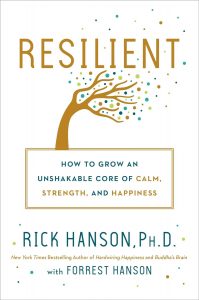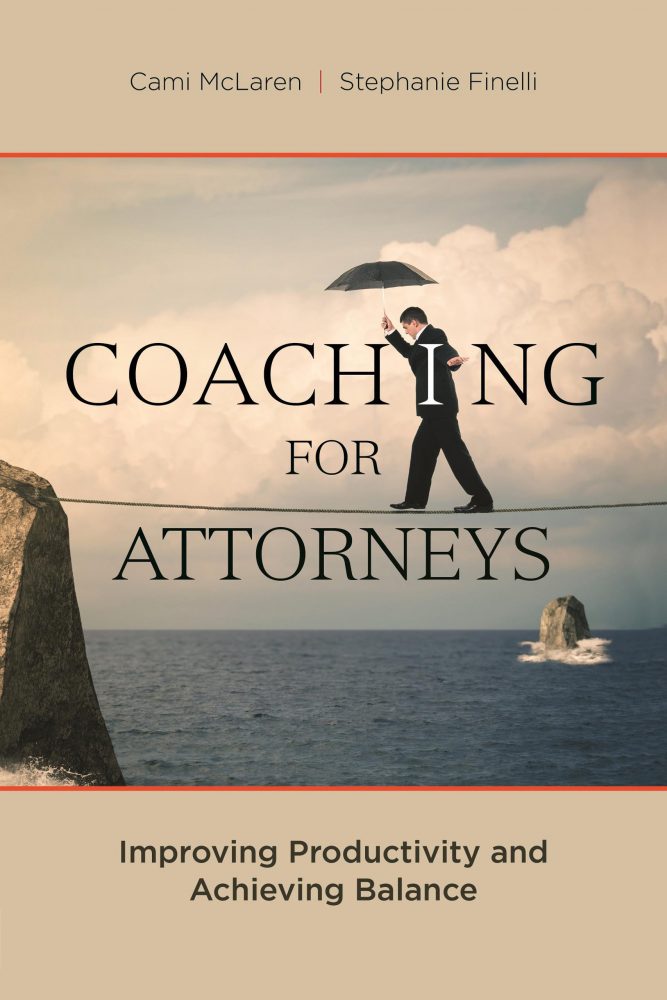Trust-Building Behavior #4 – Right Wrongs
It is easy to ignore and avoid acknowledging when we make mistakes or break agreements. This is particularly true if no one knows what we have done. And also particularly true if we have made a mistake and are (1) embarrassed; (2) afraid the people involved will be mad; or (3) know the people involved will be mad. Building and maintaining trust takes a great deal of courage. Trust-building behavior #4 requires three steps – first, that we have the awareness to see our mistakes; second, that we have the resolve to admit them; and finally that we have the courage to correct them.
Step One – Seeing Trust is Broken
Step one requires a level of conscious awareness. It means watching what you do and not ignoring those breaches of trust you create and in fact looking for them. People will rarely tell you that you have broken their trust. But there are ways to see when it may have happened. What are some signs when you may have lost trust with someone? What will cause you to investigate? Here’s a challenge: for one week ask yourself every evening where in my day did I build or break trust? Begin to use these words and to become aware of where you do build and break trust. When you believe you may have broken trust with someone, confront it. Find out if you did.
And make it easy for others to tell you when you break trust with them, which you inevitably will at some point. Talk to people who are important to you about trust and ask them questions.
Step Two – Admit our Mistakes
Once I see that I may have broken trust, I have the courage to confront it. Here is where you will make an impression with people. We rarely talk about trust. We rarely admit a mistake we have made, unless we are confronted with it. Be the one to speak up, particularly where it may have gone unnoticed.
Always admit when you break any kind of agreement. Imagine my son says to me, “Will you take me shopping today?” I say, “Yes,” and then I forget. I am lying in bed that night reviewing my day and I realize I did not do this. It may seem a “small” agreement, but it is hard to say what is small for one person or large for another. Additionally, I have heard it said, there are no large or small agreements; only large or small consequences. As such, I will immediately go to my son and say, “You know, I just realized that I broke my agreement to take you shopping today. I would like to take you tomorrow because it is important to me that I keep my agreements with you.” Imagine the trust that is built here. Imagine the difference if I was to let go of it and say nothing. What might he think? What is his experience of his ability to rely on me to do what I say I will?
Step Three – Correct Your Mistakes
Sometimes simply admitting it will be enough and will go a great distance to rebuilding trust. But also, always look to see where you might go the extra mile. The metaphor is this: when you ding someone’s car, you leave a note. You pay for the damage caused. Do this everywhere. Last Christmas, I was out of town. I had a client call for our appointment, but I did not realize I was in a dead zone where I did not have reception. I broke my agreement to be there when I said I would. As soon as was possible, I went to an area where I had reception. I called and I admitted that I did not check for cell phone reception ahead of time – my mistake and difficult to admit. I immediately took responsibility and set another call for the first available time for both of us. And I went the extra mile and gave her another call for free. I built trust with her, not just because I gave her a free call, but also because I was vulnerable enough to admit I did not check for reception — admitting the wrong and making it right.
A note about the language “righting wrongs.” It is important in taking accountability for our actions, to be able to view them neutrally. As such, do not view your broken agreements or a breach of trust as being literally “wrong” or bad. View it as something to learn from. I use “righting” as in “righting” a boat – it simply means taking something that has gone sideways and putting it upright.
Don’t Hide Out
What if only I know of my mistake? Is trust still broken? Do I need to admit my mistake? What if I am afraid the mistake I made was so significant others will be angry with me; might even terminate a business relationship with me? This recently happened for me. I made a mistake. Through a computer error on my part, I disclosed information that was confidential. It was not highly sensitive information; it was not a large volume of information; and it was not widely disseminated. But it was a mistake that breached my duty of confidentiality. Further, I believe if the person knew I did this, it likely would break trust with him. What do I do? Surely it would be easier to just keep my mouth shut. He’ll never know and who really cares? In fact, my internal voice promises that trust will more likely remain intact if I say nothing. Indeed, trust will be broken only because I tell him – right?
This is a fascinating trust question. Is trust broken when the other person does not know about it? What if I know for certain he never will find out? Here is a simple rule on trust: trust begins with oneself. The very foundation of trust between me and other people is how I trust myself. Trust is built on my internal knowledge that I will do what is right no matter what. It is my ability to live in integrity even when there is no one else around. (“Character is doing the right thing when nobody’s looking….” ~J.C. Watts.)
How did I decide what to do? I looked at my ability to trust myself, knowing that I can only build trust with others in proportion to the trust I have with me. I looked at my values and what do I stand for if I tell the truth versus if I do not. I realized not telling the truth was about protecting myself and my image, where telling the truth was about creating a strong and honest relationship. Scary? Yes. And I did it. The feeling of facing something like that and moving through it was empowering.
More Tips to Right Those Wrongs
In this area, there are a few more action steps you may take. First, take an inventory of your past and ask yourself are there wrongs that haven’t been righted? What can you do now? Make promises and deadlines to yourself, when you will right the wrongs you choose to re-visit. Notice what happens in those relationships.
Another way to build trust in this area is to learn to forgive – make it easy for others to right their wrongs with you. This creates a two-way street, called “Trust.” Allow others to admit their mistakes to you and to pay restitution if they want to. Do not hold others hostage to their past mistakes. This is another way to build trust.
This week, observe yourself regarding trust-building and breaching behaviors. Be courageous – talk about it. Make amends. See what happens. Then, let me know & comment on the blog!







